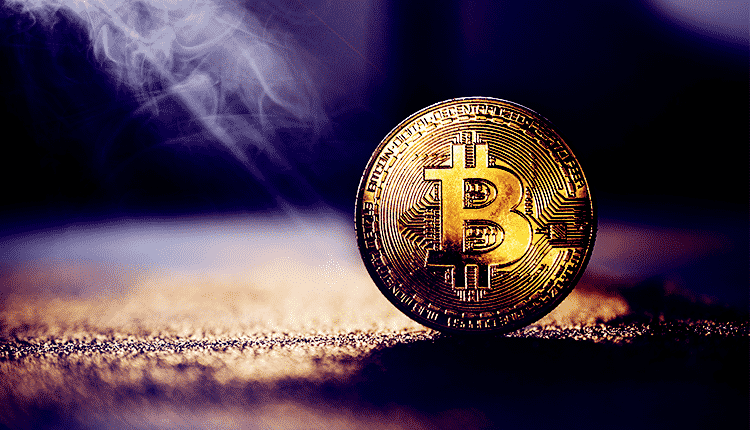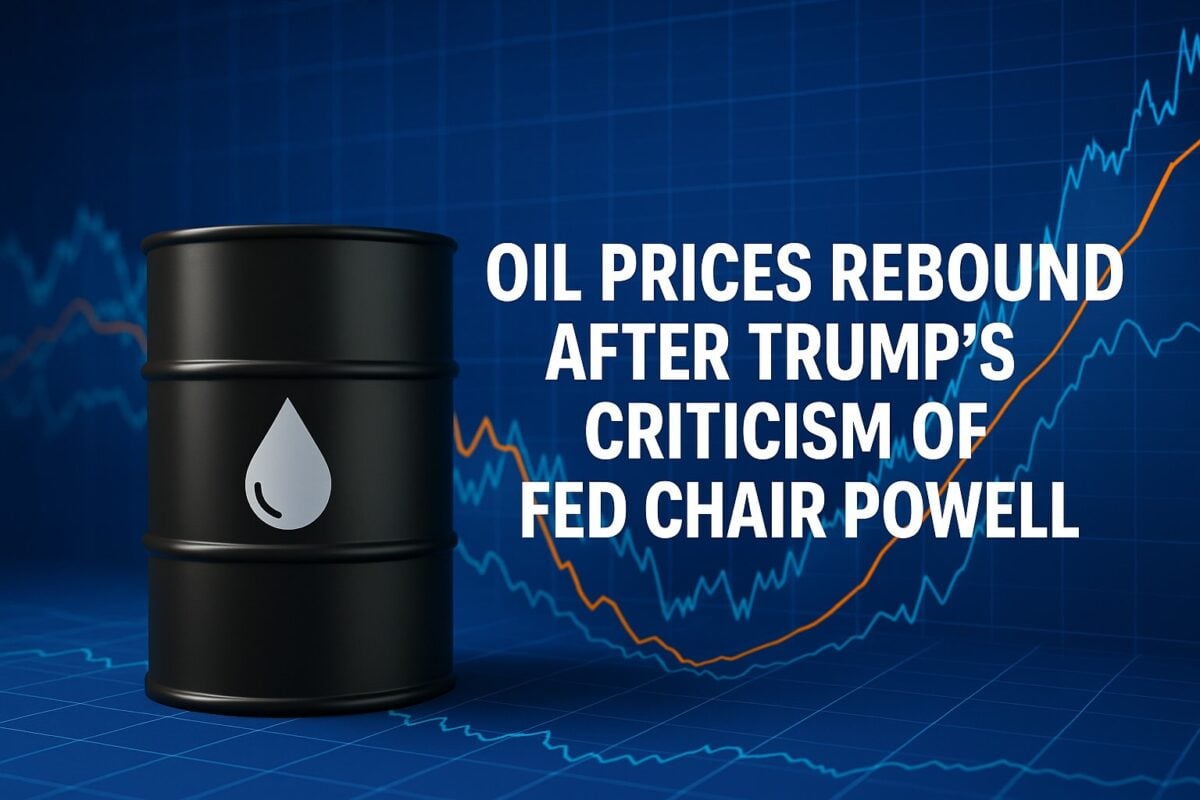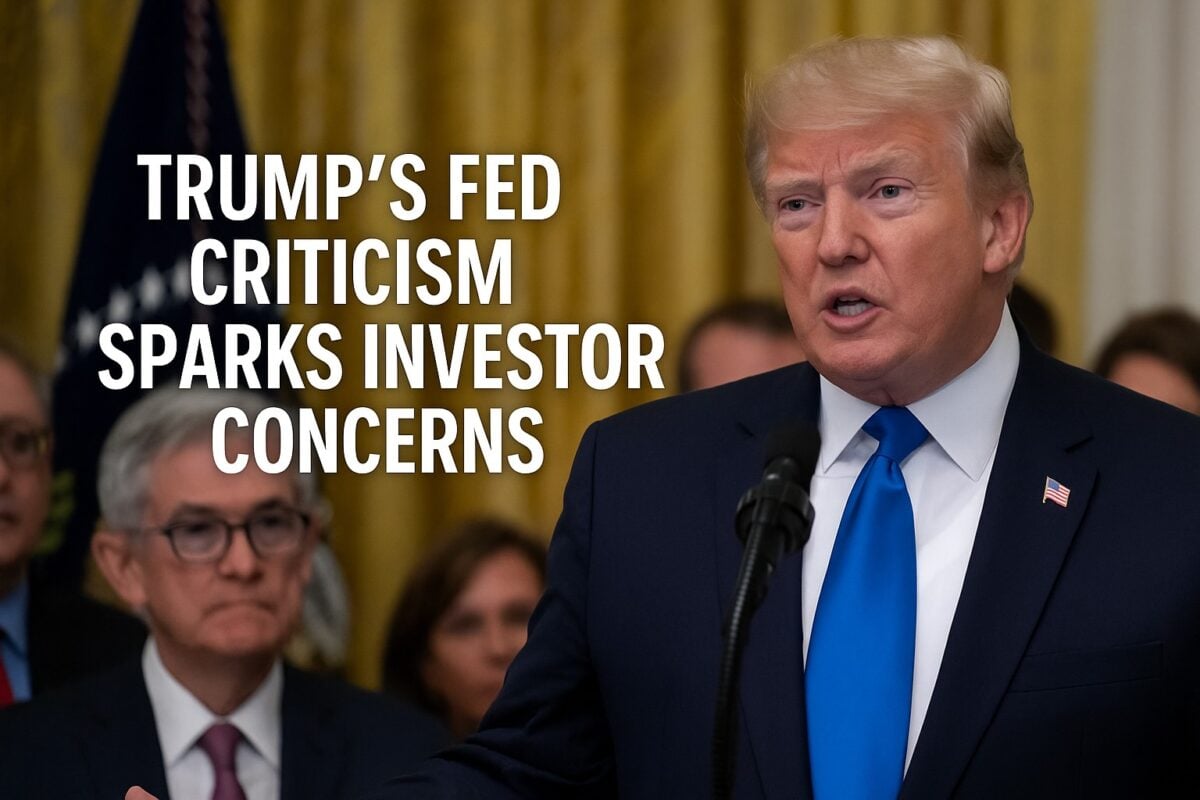
Cryptoverse: Trump’s Bitcoin Proposal Sparks Discussion
Table of Contents
At a recent crypto convention in Nashville, Tennessee, Donald Trump urged the audience to retain their bitcoin holdings. In late July, the Republican presidential candidate delivered this speech to a cheering crowd. This speech represents another step in his effort to attract crypto-focused voters before the November election. Trump made several campaign promises, notably proposing the establishment of a state bitcoin reserve.
He asserted that if he becomes president, his administration will implement a policy to keep all US government bitcoins. Moreover, Trump aims to retain 100% of the supply. Trump emphasised that these funds would constitute the “core of the strategic national bitcoin stockpile.”
Trump is not the sole advocate for a national Bitcoin reserve. US Senator Lummis has legislated to have the US government acquire one million bitcoins. This represents roughly 5% of the total supply. Additionally, independent candidate Kennedy has suggested a government stockpile of four million bitcoins.
A strategic reserve could be one potential application for the substantial bitcoin holdings of the US government. However, questions remain regarding its intended use. Feasibility and overall acceptance within the broader cryptocurrency market also need consideration.
Crypto News: $11.1 Billion Holdings and Recent Market Slump
The U.S. government possesses approximately $11.1 billion of cryptocurrency, including 203,239 bitcoin tokens. Data firm Arkham Intelligence reported that this accumulation resulted from criminal seizures, mostly from the online marketplace Silk Road, which authorities shut down in 2013.
With its current holdings, the US controls around 1% of the global bitcoin supply. The supply totals about 19.7 million tokens, according to Blockchain.com. At the moment, Bitcoin’s overall supply has a cap of 21 million coins.
In comparison to major non-state investors, Michael Saylor’s MicroStrategy (NASDAQ: MSTR) possesses approximately 226,500 bitcoin tokens as of the second quarter.
Meanwhile, BlackRock’s (NYSE: BLK) iShares Bitcoin Trust holds 344,070 tokens.
The Grayscale Bitcoin Trust, on the other hand, manages 240,140 tokens. These figures come from data provided by Bitcoin Treasuries.
Shares of cryptocurrency-related companies listed in the U.S. fell sharply as Bitcoin dropped more than 15% on Monday. This significant decline came after weak economic data from the previous week, which heightened recession fears. The data spurred a broad sell-off of high-risk assets.
Crypto miners such as CleanSpark (CLSK.O), Bitfarms, Riot Platforms (RIOT.O), and Marathon Digital (MARA.O) experienced substantial declines in their share prices. The assets fell between 12% and 25% early in the trading session.
Besides, Coinbase (COIN.O) saw its stock price plummet by 18%. Meanwhile, MicroStrategy (MSTR.O), a prominent Bitcoin purchaser, endured a nearly 23% drop.
Meanwhile, Bitcoin slid to its lowest level in nearly six months, and ether plunged by 19%, reaching its lowest point since January.
Cryptoverse Shifts: Trump’s Bitcoin Endorsement and Market Volatility
This downturn represents a dramatic shift from the recent positive momentum in the sector. Until now, the approval of exchange-traded funds (ETFs) has been boosting optimism in the market. These assets, for instance, heavily depend on the spot prices of Bitcoin and Ethereum. These two cryptocurrencies had been the focus of considerable enthusiasm.
Donald Trump’s recent endorsement of cryptocurrency at a Bitcoin conference temporarily boosted market sentiment. However, disappointing data on rising unemployment and weak manufacturing activity soon pressured riskier assets.
Bernstein analyst Gautam Chhugani noted that Bitcoin’s sharp price movement was no surprise due to its status as the only market operating over the weekend. He pointed out that no new adverse developments were impacting the Cryptoverse ICO.
Looking ahead, both Bitcoin and the broader crypto market will likely respond to macroeconomic indicators and electoral developments for most of the third quarter.
A government bitcoin reserve could greatly enhance Bitcoin’s value. This effect would likely occur because a digital asset has such a limited supply. Especially assuming the role of a reserve commodity is unprecedented. However, this reserve might also reduce the number of tokens available for trading.
On the other hand, such a limitation could expose investors to risk in case the government decides to sell part of its holdings.
National Bitcoin Reserves: Impact and Market Reactions
Other countries also hold significant Bitcoin reserves. For instance, China, the second-largest government holder, possesses 190,000 coins, according to Bitcoin Treasuries.
Though the concept of a national Bitcoin reserve remains speculative, experts are actively exploring its potential impact.
As an option, the Fed could oversee the Treasury reserves, similar to the way it manages gold. Alternatively, the reserve could function like the Strategic Petroleum Reserve, distributing control between the president and Congress.
There is a certain irony in this scenario that unsettles many staunch Bitcoin advocates. The concept of a decentralized, government-free digital asset potentially becomes part of a state-controlled reserve.
Despite the uncertainty about a national bitcoin reserve, many in the crypto market welcome the attention. The investors see it as beneficial for their industry. Observers are speculating about the potential structure and implications of such a reserve.
Raoul Mewawalla, CEO of Mawson Infrastructure Group, observed that both political parties increasingly focus on digital assets. His company, which manages data centres for bitcoin mining, reflects this growing industry trend. Therefore, the overall market signal remains positive.
Amidst these developments, there is growing optimism in the Cryptoverse as the increasing focus on digital assets by political parties signals a bright future for Bitcoin and the broader cryptocurrency market. Currently, the market anticipates this trend to persist after the November elections.


